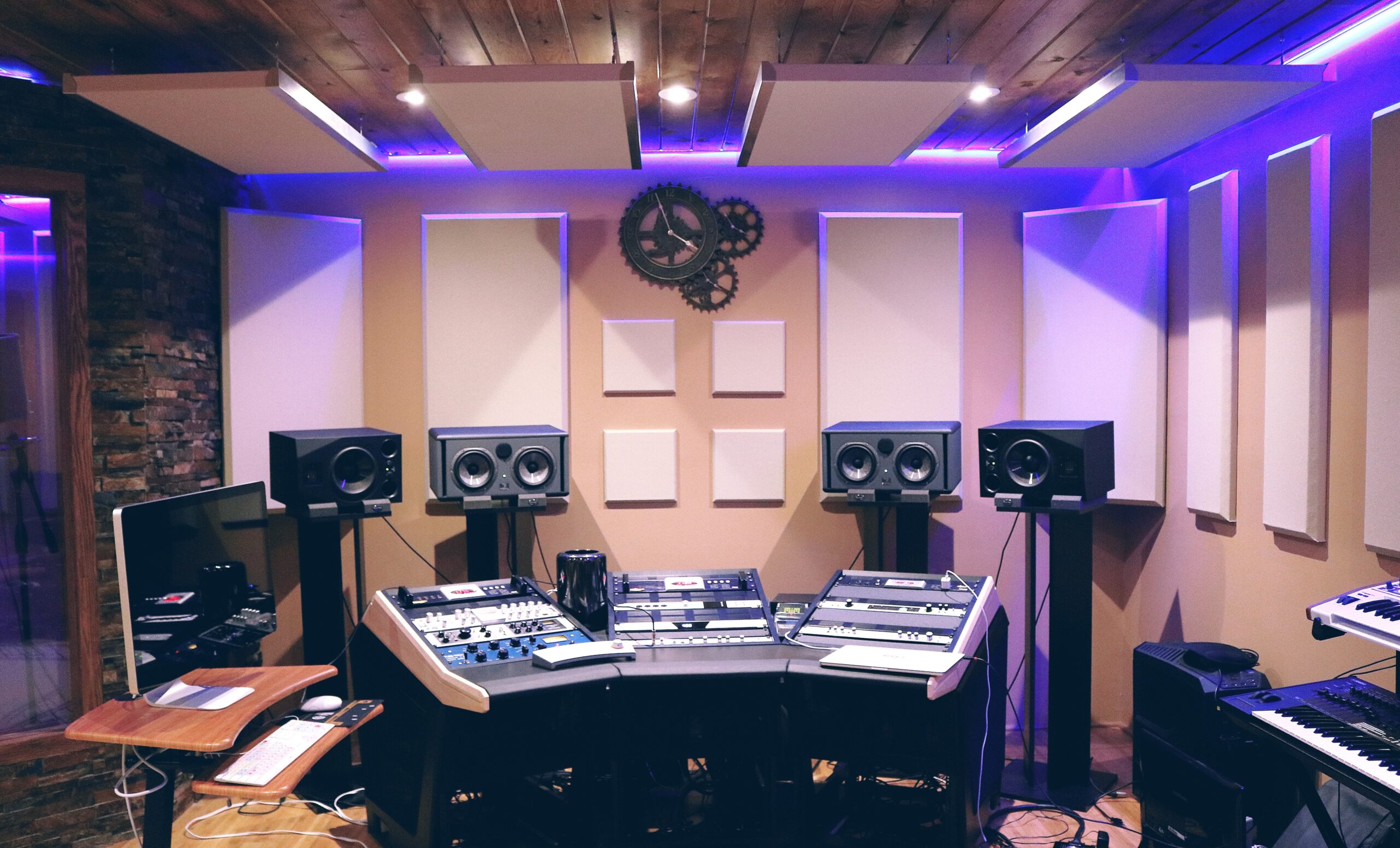As a record label, we understand that creating great music is only half the battle for commercial success. Mastering is an essential step in the process of making a record that sounds as good as possible – and can be the difference between a track that sounds amateurish and one that sounds professional and polished.
Mastering is the process of taking the final mix of a track and applying various treatments to it to enhance its sound and optimise it for various listening environments. This might include adjusting levels, EQ, compression, stereo width, along with other adjustments. Mastering aims to create a cohesive, balanced, and impactful sound that translates well across different playback systems.
There are several reasons why mastering is vital for artists looking to achieve commercial success. Here are just a few:
- Quality: Mastering ensures that your tracks sound as good as possible, which is crucial in today’s competitive music industry. Fans expect high-quality recordings, and if your music sounds amateurish, they’re less likely to take you seriously as an artist.
- Consistency: Mastering can help create a consistent sound across your entire album or EP, making it feel like a cohesive body of work rather than a collection of unrelated tracks.
- Compatibility: Mastering can optimise your tracks for different playback systems, such as streaming services, CD players, and vinyl records, ensuring that your music sounds great no matter where it’s being played. Also that your music can be heard the best it can on any device, from hifi systems to your car stereo to your phone speaker.
- Loudness: Mastering can also ensure your tracks are as loud as possible without sacrificing quality, which is critical for competing in today’s streaming-driven music market.
When it comes to finding a mastering engineer, here are a few questions to ask:
- What is your experience with mastering in my genre?
- Can you provide examples of tracks you’ve mastered that have a similar sound to what I’m looking for?
- What is your process for mastering a track?
- What is your turnaround time?
- What is your pricing?
When engaging a good mastering engineer, they will ask for reference tracks and may talk to you about what kind of sound you are going for. It’s really important to have those ready to go as well as a high quality version of your final mix. Here are some things that you will need to provide:
- Your mix: The first thing a mastering engineer will ask for is a copy of your final mix. This is the stereo audio file that you have exported from your DAW (Digital Audio Workstation) after completing the mixing process.
- File format: Make sure to provide the mastering engineer with the correct file format, which is usually a high-quality WAV or AIFF file. This ensures that the mastering engineer has access to the highest quality audio file possible, which is important for achieving the best possible results during the mastering process.
- Headroom: It’s best to leave some headroom in your mix before exporting it for mastering. Most mastering engineers will request a mix with at least -6dB of headroom to allow for adjustments during the mastering process.
- Reference tracks: It can be helpful to provide the mastering engineer with some reference tracks that you feel represent the sound you’re going for. This can help the mastering engineer get a better idea of your goals for the final sound of the track.
- Notes: Finally, it can be helpful to provide the mastering engineer with any notes or ideas you have for the final sound of the track. This might include things like desired loudness, tonal balance, and overall vibe.
At Dark Escapes, we understand that mastering can be a daunting process, which is why we’re here to help. We work with a select handful of experienced mastering engineers who specialise in a variety of genres, and we can help connect you with the right engineer for your project. Contact us to find out more.




